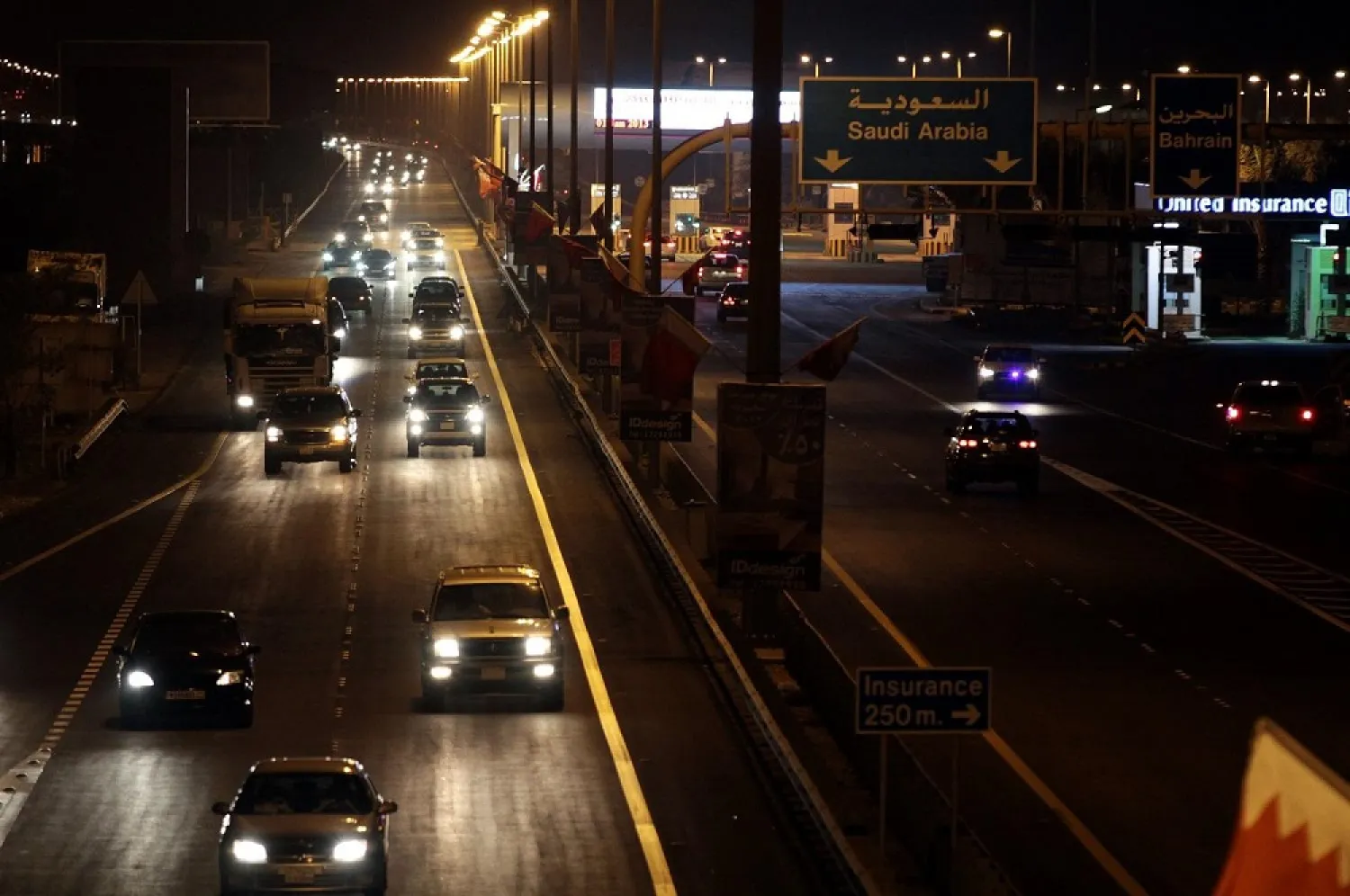Trade between Saudi Arabia and Bahrain grew from $1.4 billion in 2010 to $2.2 billion at the end of 2017, a 51 percent increase.
Saudi exports to Bahrain account for 40 percent of the volume of trade exchange between the two countries, while Bahraini exports account for about 60 percent.
The industrial sector is one of the pillars of Bahrain's economy, accounting for about 15 percent of gross domestic product (GDP). Consequently, non-oil exports are the main part of the trade between the two countries.
Exports such as cement, iron and construction materials, as well as foodstuffs represent the majority of Saudi exports to the Bahraini market.
Gulf economies collectively constitute a trade market of about $1.5 trillion, while non-oil exports account for $4.8 billion of Bahrain's economy.
Since 2010, Saudi Arabia's exports to Bahrain have grown from $482 million to $894 million, an average of about 86 percent by the end of 2017. During the same period, Bahrain's exports to Saudi Arabia grew 34 percent from $989 million to $1.3 billion.
Metal, agricultural and animal products, foodstuffs, beverages, chemicals and plastics were the majority of products in trade exchange between the two countries.
Bahrain's Economic Development Board attributed the rapid growth of trade between Saudi Arabia and Bahrain to facilitated procedures and logistics between the two countries, especially clearance procedures on the King Fahd Causeway.
Along with the Causeway, the Board expected trade between the two countries to expand after the construction of the King Hamad Bridge. The railway between the two countries will also create great opportunities which will further increase trade in the future.
King Fahd Causeway, Bahrain's only land route, has been transporting a third of Bahrain's non-oil exports to the Saudi market in recent years, reinforcing the importance of establishing the King Hamad Bridge as a second pillar for Bahrain's economy.









